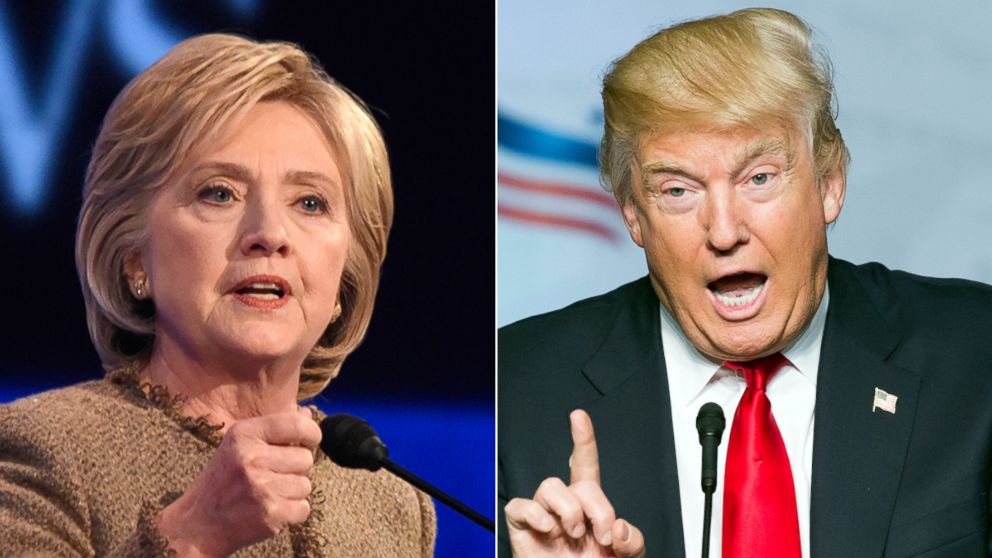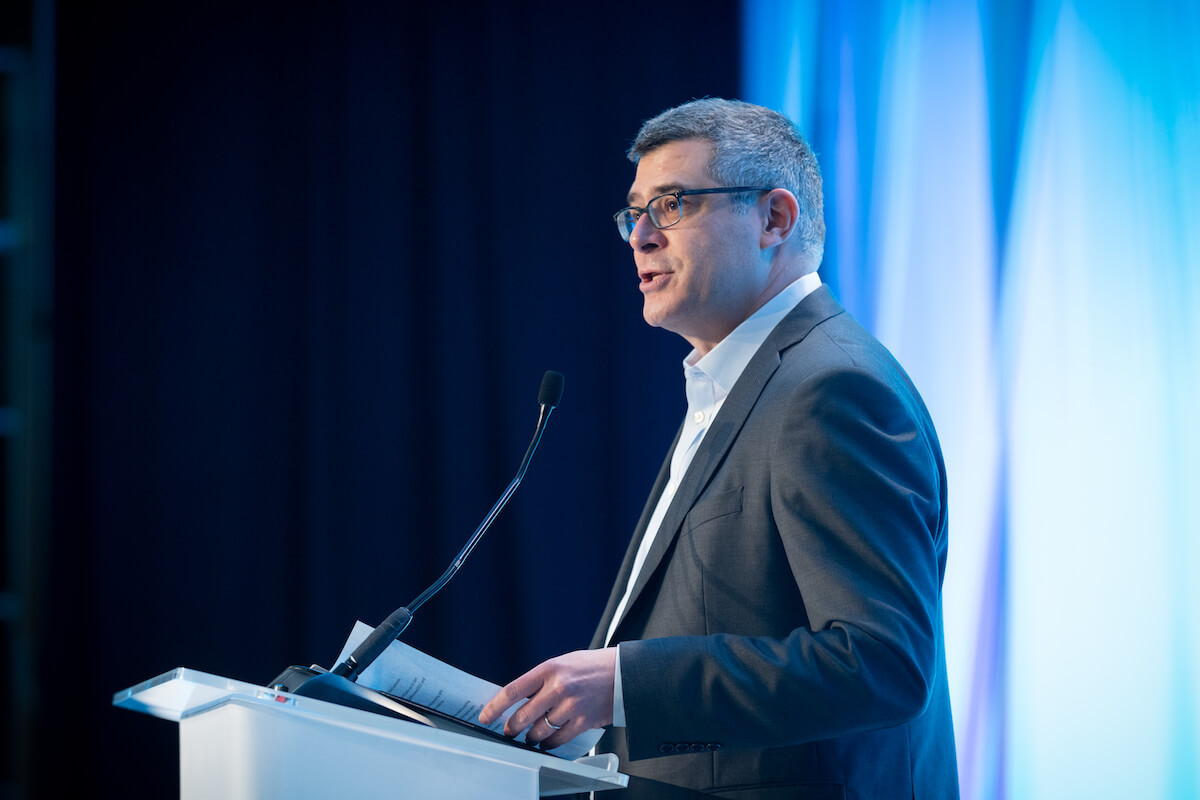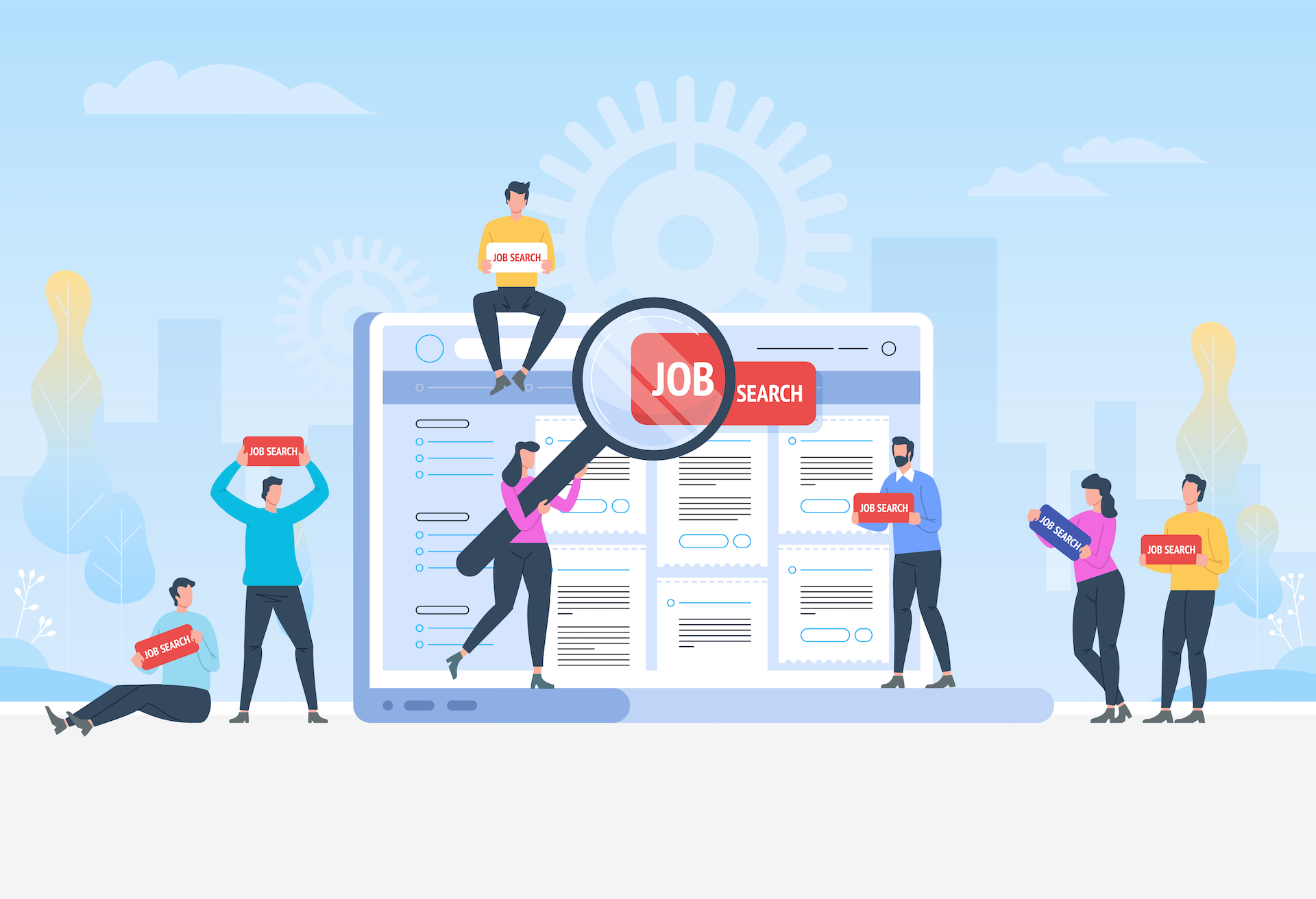Dear Presidential Candidates,
At tonight’s debate, we will hear about the many issues that divide you. We would like to offer for your consideration a new approach that could unite us across party lines, across the country, and indeed, around the world.
[blockquote author=”” pull=”pullleft”]Private capital invested for public good.[/blockquote]
What if we could create good jobs, educate our kids, fix our electrical grids and sewers and roads, address climate change, and in so doing all of that, we could also jet-propel the economy, too? What if we could develop powerful new technologies that fuel prosperity here at home and then go on to share that innovation and prosperity with the rest of the world?
What if private capital could be mobilized to tackle urgent challenges for which public and philanthropic capital isn’t enough? And what if that effort could produce impressive financial returns as well?
Sound good? It’s called The Impact Economy, and it’s already happening. Private capital invested for public good. Billions and potentially trillions of dollars of values-aligned capital driving demonstrable social and environmental progress—and not just to do good, but also because it’s good business.
Impact investing is a growing movement across industries, geographies, communities, races and classes seeking to create an economy that works for all. Bit by bit, the capital markets are beginning to reorient themselves toward a more holistic definition of value—one that rests on the creation of long-term value, rather than short-termism.
Impact investing is already improving the economy, energizing communities, and healing the planet — delivering strong financial returns while creating a world we’re proud to pass onto our children and grandchildren. It is an inclusive financial movement, promoting diversity across gender, race, income and geography.
[blockquote author=”” pull=”pullright”]Impact unicorns are succeeding because of their positive social and environmental impact, not in spite of it.[/blockquote]
Who’s doing it? Institutional investors (such as pension and sovereign wealth funds and university and foundation endowments) and individual investors (from billionaires to 401k holders) seeking positive social and environmental impact, as well as compelling financial returns. Firms like Goldman Sachs, JPMorgan Chase, Merrill Lynch and Morgan Stanley are hearing the drumbeat and launching products to meet client demand. And asset managers like Blackrock and Bain Capital are looking for growth prospects by investing in public companies and private businesses in positive-impact areas like agriculture, food, energy, water, healthcare, education and financial inclusion.
[blockquote author=”” pull=”pullleft”]Impact investing can help us create a more stable, prosperous, equitable and just world for all.[/blockquote]
Pension funds with 50-year investment horizons must account for long-term risks as part of their investment process. Wall Street has discovered the power of environmental, social and governance indicators to drive corporate outperformance. Savvy impact investors are backing whip-smart entrepreneurs with disruptive businesses — what we call “impact unicorns” that are succeeding because of their positive social and environmental impact, not in spite of it (see Beyond Tradeoffs: The Rise of the Impact Unicorns).
One of many such companies is Revolution Foods, which delivers over a million healthy meals to more than 1,000 U.S. schools every week. Another is d.light, which offers affordable solar-powered solutions to families and small businesses, transforming the way people in emerging markets use and pay for energy. Both make returns for investors and impact for society.
The Impact Economy is rooted in the American ideals of freedom, opportunity, equality and optimism. Indeed, the federal government has a long and bipartisan history of supporting the Impact Economy. From the Community Reinvestment Act (1977) to New Markets Tax Credits (2000) to the Impact SBIC program (2011) to recent rulings from the IRS and the Department of Labor modernizing the concept of fiduciary duty to include impact factors (2015), federal policy has helped catalyze the flow of private investment capital for social and environmental impact and financial returns. Even more opportunity exists to catalyze social and environmental change by bringing together public policy, private capital and entrepreneurship.
It’s beyond debate: impact investing can help us create a more stable, prosperous, equitable and just world for all. Presidential candidates, please join us in scaling up the Impact Economy.
[seperator style=”style1″]Disclosure[/seperator]
Fran Seegull until recently was Chief Investment Officer and Managing Director of ImpactAssets, a non-profit financial services firm focused on impact investing. She is on Twitter at @franseegull.
Nancy Pfund is Founder and Managing Partner of DBL Partners, a San Francisco-based double bottom line venture capital firm and pioneer in impact investing. She is on Twitter at @NancyPfundDBL.
Listen to the Returns on Investment podcast with Nancy Pfund: Spotting the Next Tesla and Solar City (podcast).
DBL Partners is an investor in Revolution Foods. ImpactAssets is an investor in d.light.











